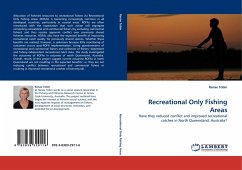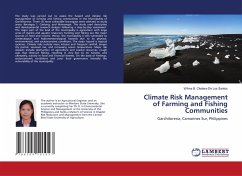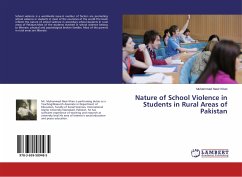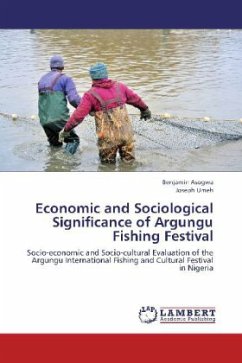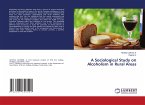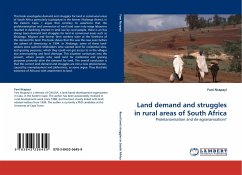Allocation of fisheries resources to recreational fishers via Recreational Only Fishing Areas (ROFAs) is becoming increasingly common in all developed countries, particularly in coastal areas. ROFAs are often introduced with the expectation that such action will segregate competing recreational and commercial fishers (by excluding commercial fishers) and thus resolve apparent conflict over previously shared fisheries resources. ROFAs also have the expected benefit of improving recreational catch quality for previously shared species. Whether these benefits are realised, however, is unknown because little monitoring of outcomes occurs post-ROFA implementation. Using questionnaires of recreational and commercial fishers and collection of fishery- dependent and fishery-independent recreational catch data, this study investigated the outcomes of ROFAs in estuaries of north Queensland, Australia. Overall, results of this project suggest current estuarine ROFAs in north Queensland are not resulting in the expected benefits: i.e. they are not reducing conflict between recreational and commercial fishers or resulting in improved recreational catches of barramundi.
Bitte wählen Sie Ihr Anliegen aus.
Rechnungen
Retourenschein anfordern
Bestellstatus
Storno

